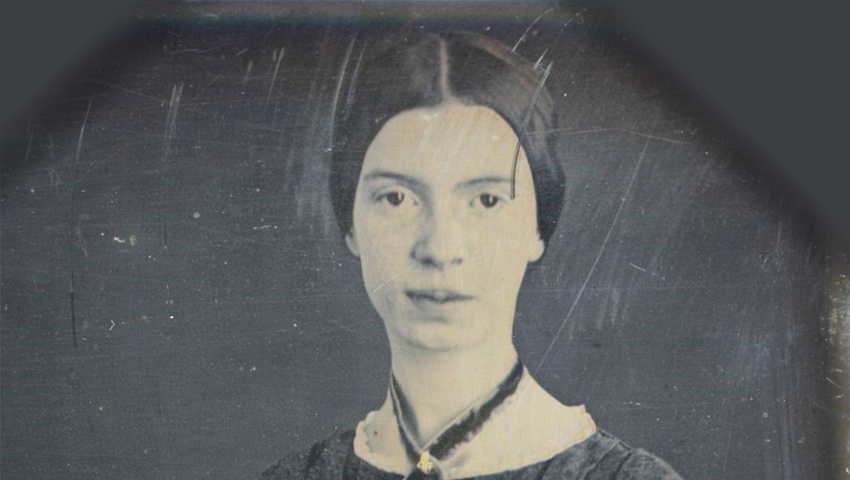
Every year, a number of Amherst College students are awarded prestigious Fulbright grants to do independent research, teach English or pursue a master’s degree abroad. But this past academic year, Amherst had the unusual opportunity to be a Fulbright scholar’s destination instead of her origin.
Mousumi Guha Banerjee, a professor in literature from English and Foreign Languages University in Shillong, India, came to Amherst via Fulbright to work on her second book about Emily Dickinson.
“If I have to study to Dickinson further, I have to come to Amherst, particularly because of the large resources that are here, and the very fact that Dickinson had her home here,” said Banerjee.
She is the author of the 2017 volume Emily Dickinson: Writing as a Woman, which examines the “anxiety of authorship” for a woman writing in a time that was, in Banerjee’s words, “so constraining as not to give her a due literary place.”
Banerjee describes her new work as interpretation of Dickinson’s poetry through the lens of Immanuel Kant, an 18th-century German philosopher who wrote of the inner and outer selves. “I’m basically looking at the kind of mental experimentalism, with a kind of objective viewpoint, that Dickinson is taking of the world,” she said.
Dickinson’s poetry “is extremely internal, because sometimes she speaks very overtly, sometimes covertly, but that inquisition is always there,” Banerjee said. “She is, more often than not, intrigued by the functions of the mind, and she is simply great in coming out with metaphors. This is what I find in her to be Kantian: she tries to understand the world objectively, and yet she is subjective … and comes to frame such a new vocabulary, both for herself and for her readers.”
From August 2019 through Spring 2020, Banerjee was able to look through Dickinson manuscripts in the Amherst College Archives and Special Collections, as well as numerous scholarly works about the poet in the collection at Frost Library.
“These months may not be sufficient for me to complete my book, but what I‘m trying to do is to collect as much material as possible,” she said.
The COVID-19 shutdown in March kept Banerjee restricted to her temporary home In Amherst, but she said this didn’t really affect her project, as much of her work had been completed, and much of the rest could be done online. Fulbright allowed an extension of her grant through the end of June, and the extra three weeks allowed her more time to digest the research and work on writing. In the meantime, she was able to lead a Zoom session about her research for the Emily Dickinson Museum’s discussion group.
“Dickinson needs to be read more closely and more intensely in other countries,” Banerjee said of her perspective as a scholar from India. “You just cannot exhaust the entire Dickinsonian oeuvre so very easily. I think more work needs to be done.”